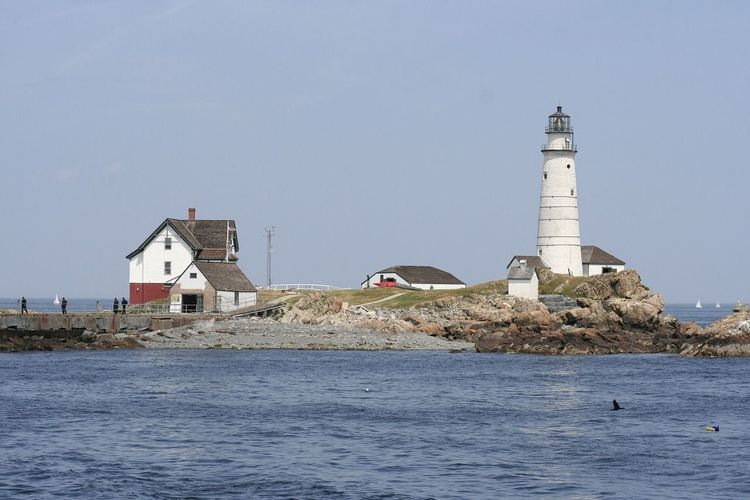Saronic Secures $55 Million in Series A Round for Autonomous Defense Ships
Saronic, an innovative startup focused on developing autonomous ships for defense applications, has successfully raised $55 million in a Series A funding round, led by Caffeinated Capital. Participation also came from notable investors including 8VC, Andreessen Horowitz, Lightspeed Venture Partners, Point72 Ventures, Silent Ventures, Overmatch Ventures, Ensemble VC, and Cubit Capital, as well as the U.S. Innovative Technology Fund.
Founded last year by Dino Mavrookas, a former Navy SEAL, Saronic aims to create advanced autonomous surface vessels tailored for the U.S. Navy and allied defense customers.
The demand for autonomous seagoing vessels is on the rise, encompassing various sectors apart from defense. For instance, Saildrone recently unveiled its own autonomous research vessel and has raised over $100 million in venture capital. Additionally, startups like Shone, supported by Y Combinator, are working on technology to retrofit existing ships with autonomous navigation systems.
Mavrookas emphasizes that Saronic designs its vessels from the ground up, stating, “We build our boats around the mission, not the mission around the boat.” He explained that Saronic addresses a critical gap in the market, where traditional shipbuilders focused on large naval crafts lack the necessary expertise for autonomous ship design, while many other vendors struggle to scale production effectively using legacy platforms.
Currently, Saronic is prototyping two models: the six-foot Spyglass and the 13-foot Cutlass. Both are equipped with remotely updatable software and can carry diverse payloads, even in areas with limited communication. Mavrookas revealed that the Navy is already interested, with Saronic securing two R&D agreements with the maritime service.
As highlighted by my colleague Anna Heim, venture capital firms are increasingly investing in defense technology. Historically, this sector attracted far less venture capital compared to other industries, but that trend shifted last year, as U.S.-based defense tech startups garnered $2.1 billion through 53 deals, including Anduril’s impressive $1.5 billion Series E.
The momentum in defense tech shows no signs of slowing. Recently, Helsing, an AI-driven defense startup supported by Spotify founder Daniel Ek, set a record for European AI investments with a $223 million Series B round. Castelion, focusing on hypersonic technology, raised an initial $14.2 million, while Mach Industries secured $79 million, reaching a valuation of $335 million.
Several geopolitical factors, including the ongoing conflict in Ukraine, have contributed to the surge in defense startup investments. Emerging hurdles in certain Chinese startup segments due to new export controls have made them less appealing, prompting U.S. investors to look towards domestic opportunities. The U.S. government is further incentivizing investments in critical tech through initiatives such as the CHIPS and Science Act and NATO’s $1 billion startup funding.
This favorable climate positions Saronic advantageously, but Mavrookas insists that the startup's quality and innovation set it apart.
“Saronic is unlike any other company in the maritime autonomy space; our competitors are primarily boat builders attempting to transition into technology firms,” Mavrookas remarked. “Autonomy at sea presents unique challenges. Unlike fixed positions on land or in air, the ocean's ever-changing surface complicates these systems. Saronic is fundamentally a technology company dedicated to delivering advanced capabilities through our autonomous vessels.”
Based in Austin, Texas, Saronic has raised approximately $70 million in venture capital so far and currently employs around 45 professionals.







